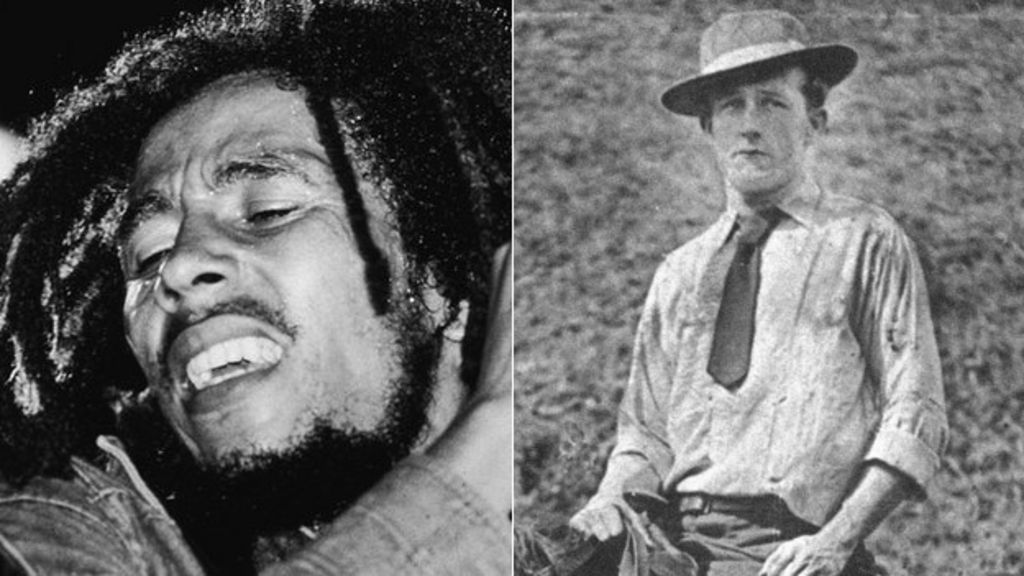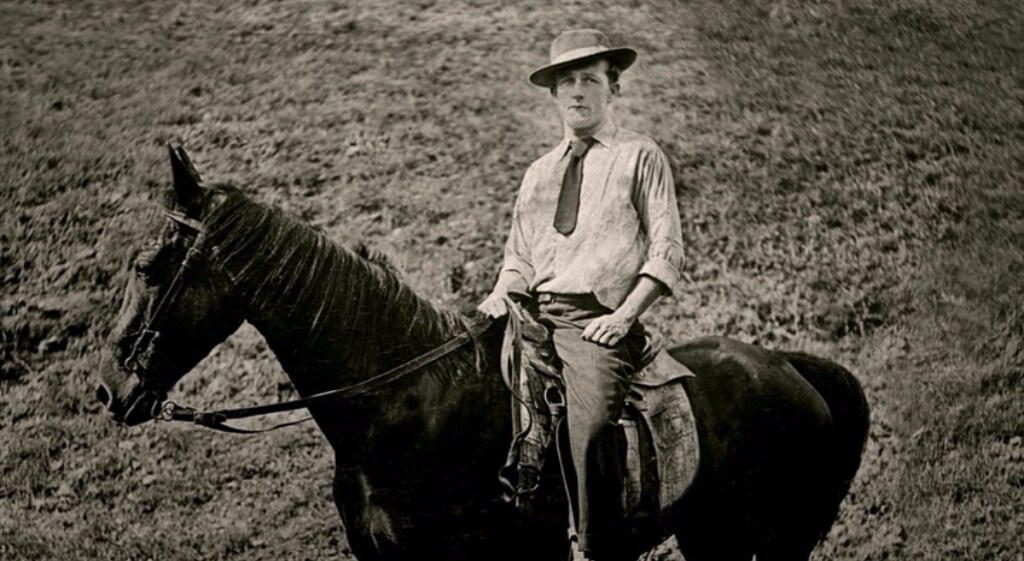Bob Marley, a name synonymous with reggae music, has left an indelible mark on the world of music and culture. His influence extends far beyond his hit songs and iconic status; it also encompasses the intricate dynamics of his family background, particularly the role played by his father, Norval Marley. This article delves into the life of Bob Marley and how his father’s legacy shaped his journey, exploring the complexities of their relationship and its impact on Marley’s music and philosophy.
Norval Marley, a British naval officer, had a significant yet complicated role in Bob's life. Born into a family that struggled with racial and social issues in Jamaica, Bob’s identity was deeply intertwined with his father’s heritage. Understanding this relationship provides valuable insights into Marley’s music, themes of identity, struggle, and resilience that resonate in his lyrics.
Throughout this article, we will explore the biography of Bob Marley, his father's influence, the impact of this relationship on his music, and how it reflects the broader socio-political landscape of Jamaica. Join us on this journey to uncover the layers of Bob Marley’s life and the legacy left by his father.
- Unraveling The Connection Between Kim Jung Hyun And Shin Hye Sun An Exploration Of Chemistry And Collaboration
- The Maverick Musician A Deep Dive Into The World Of John Lydon
Table of Contents
- Biography of Bob Marley
- Who Was Norval Marley?
- The Impact of Norval Marley on Bob Marley
- Themes in Bob Marley's Music
- Bob Marley's Cultural Legacy
- Statistical Data on Bob Marley
- Conclusion
- Sources
Biography of Bob Marley
Bob Marley was born on February 6, 1945, in Nine Mile, Jamaica. His mother, Cedella Booker, was a young Jamaican woman, while his father, Norval Marley, was a white British man serving in the Royal Navy. Bob's mixed-race heritage placed him in a unique social position in Jamaica, where issues of race and identity were complex and often contentious.
Growing up in a poor neighborhood, Bob Marley faced challenges that shaped his worldview and musical career. He moved to Kingston with his mother as a teenager, where he became involved in the burgeoning reggae music scene. Over the years, Marley formed the band The Wailers, which would eventually catapult him to international fame.
Personal Data and Biography
| Name | Bob Marley |
|---|---|
| Date of Birth | February 6, 1945 |
| Place of Birth | Nine Mile, Jamaica |
| Date of Death | May 11, 1981 |
| Notable Works | “No Woman, No Cry”, “One Love”, “Redemption Song” |
| Genres | Reggae, Ska, Rocksteady |
Who Was Norval Marley?
Norval Marley was born in 1885 in Jamaica to a wealthy family of English descent. His life was marked by the stark contrasts of race and class that characterized Jamaica's colonial past. As a young man, he joined the British Navy, which led to his eventual marriage to Cedella Booker.
- The Ultimate Sibling Guide Does Sza Have Brothers Or Sisters
- The Enduring Career And Enigmatic Persona Of Timothy Olyphant
Despite his relatively privileged background, Norval’s relationship with Cedella was fraught with challenges, particularly in light of their different racial backgrounds. Norval’s absence during Bob Marley’s formative years left a void that influenced Bob's music and identity. It is crucial to understand how Norval’s life and their complex relationship shaped Bob’s perspectives on race, identity, and social justice.
The Impact of Norval Marley on Bob Marley
The relationship between Bob Marley and his father was marked by both absence and influence. Norval was largely absent from Bob's life, which instilled a sense of curiosity and longing in Bob. Despite this absence, Norval's British heritage played a significant role in shaping Bob's identity. The complexities of being a mixed-race individual in Jamaica led Bob to explore themes of identity in his music.
Bob often reflected on the struggles between his Jamaican roots and his father's British lineage. This duality is evident in many of his songs, where he faced the realities of racial discrimination and social inequality. The influence of Norval can also be seen in Bob's desire to transcend these boundaries through music, uniting people across different cultures and backgrounds.
Key Influences
- Racial identity and social issues in Jamaica
- Absentee fatherhood and its psychological impact
- Musical exploration of identity and cultural heritage
Themes in Bob Marley's Music
Bob Marley's music is renowned for its profound themes, many of which can be traced back to his experiences growing up as a mixed-race individual. His songs often address issues of social justice, love, and unity. The influence of his father, Norval Marley, is subtly woven into these themes, particularly in how Bob navigated his identity.
Notable themes in Bob Marley's music include:
- Social Justice: Many of Bob's songs, such as "Get Up, Stand Up," call for activism and awareness of social inequalities.
- Love and Unity: Songs like "One Love" reflect Bob's desire for peace and unity among all people, transcending racial and cultural divides.
- Identity and Heritage: Bob's mixed heritage influenced his music, as seen in songs that explore the complexity of his identity.
Bob Marley's Cultural Legacy
Bob Marley is often hailed as a cultural icon, not just in Jamaica but around the world. His music has transcended generations, continuing to inspire new artists and activists. The themes of resistance, resilience, and unity resonate deeply, making his work relevant even today.
Marley’s legacy is also reflected in the global spread of reggae music, which has influenced numerous genres and artists. His commitment to social justice and equality has inspired movements worldwide, reminding us of the power of music as a tool for change.
Statistical Data on Bob Marley
To understand the impact of Bob Marley, it is essential to look at some key statistics related to his life and music:
- Over 75 million records sold worldwide.
- Inducted into the Rock and Roll Hall of Fame in 1994.
- His album "Legend" is one of the best-selling reggae albums of all time.
- Bob Marley remains one of the most streamed artists globally, with millions of monthly listeners on platforms like Spotify.
Conclusion
Bob Marley’s relationship with his father, Norval Marley, played a significant role in shaping his identity and musical legacy. Through understanding this complex dynamic, we gain deeper insights into the themes of identity, love, and social justice that permeate Bob's music. His legacy continues to inspire and resonate with audiences around the world, reminding us of the importance of unity and resilience in the face of adversity.
We encourage readers to reflect on Bob Marley’s message and explore his music further. Share your thoughts in the comments below or check out other articles on our site to learn more about the impact of music on culture and society.
Sources
- Discover The Striking Resemblance Meet Janet Jacksons Son
- 2024 George Clooney Welcomes New Additions To His Family


